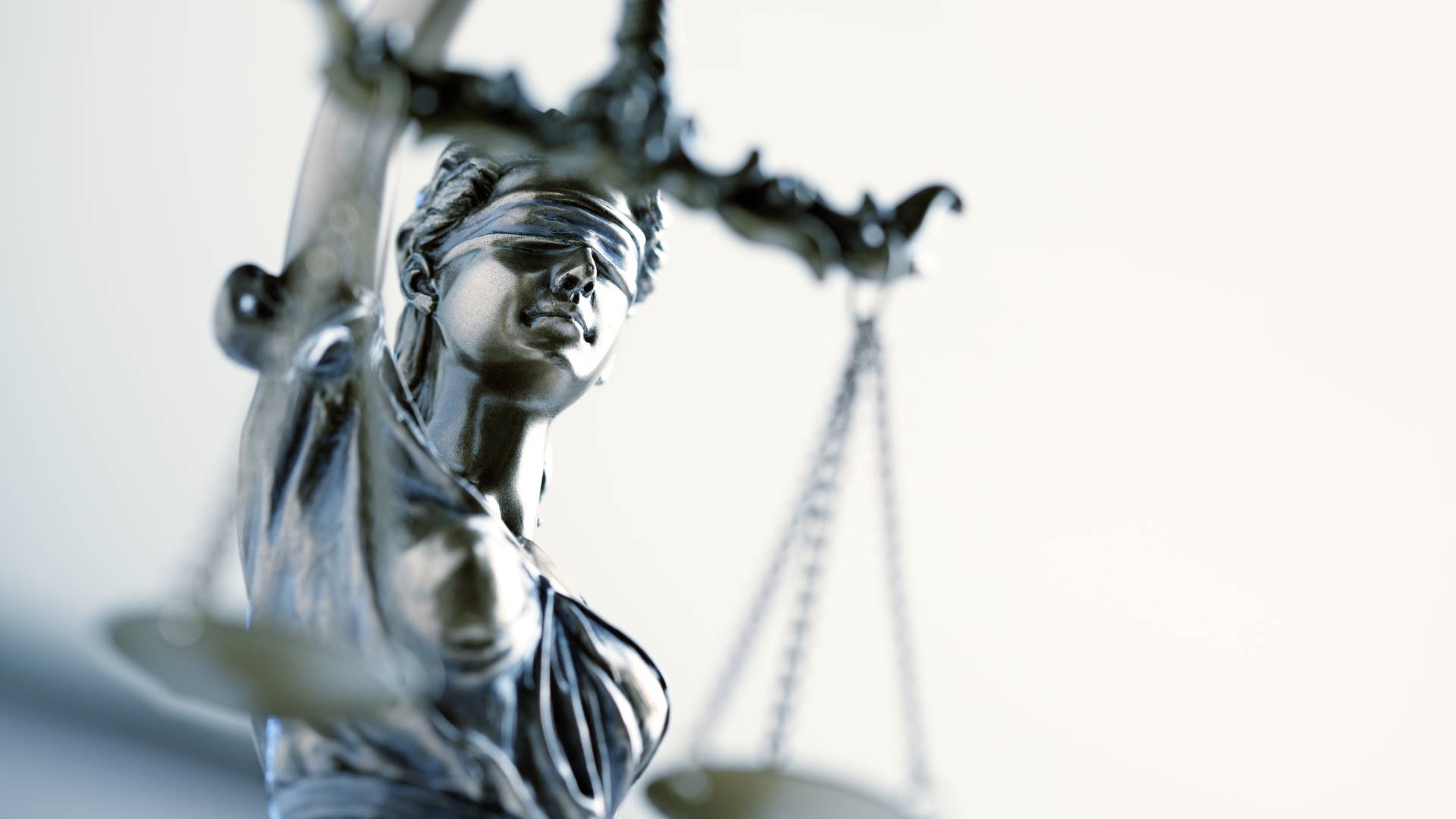
Centerville Chapter 13 Bankruptcy Attorney
Are you struggling to pay your bills? Would you be able to pay off your debt with just a little more time or a better payment plan? Chapter 13 bankruptcy may be right for you. If you’re dealing with financial difficulties, you are going through an extremely stressful time. You might feel embarrassed and worried. We want to help you.
At Horwitz & Horwitz, LLC, we have years of experience helping people like you successfully complete Chapter 13 bankruptcy. We work with our clients throughout the process, never handing them off to a paralegal or assistant. We do everything we can to make the process as smooth and painless as possible. We answer all of your questions and concerns, making sure that you understanding what your options are, call today to speak with a Centerville Chapter 13 bankruptcy attorney from our team.
What Is Chapter 13 Bankruptcy?
Unlike Chapter 7 bankruptcy, which focuses on erasing as much of your debt as possible, Chapter 13 is a repayment plan. It gives you the opportunity to pay back as much of your debt as possible while protecting your possessions.
What you need to know:
- Chapter 13 repayment plans generally run for 3 to 5 years, during which time you repay a percentage of your debts.
- Chapter 13 can help keep you from facing foreclosure of your home or repossession of your valuable assets.
- Chapter 13 allows you to protect more of your possessions.
During our initial process, we will ask you questions to ensure we understand your unique financial situation and answer any questions you have. The first question we will explore is whether Chapter 13 bankruptcy is the right choice for you. The answer to this question will depend on what you consider your biggest financial problem to be as well as your income and your short and long-term goals. Depending on your financial situation, Chapter 13 bankruptcy could potentially help you in the following areas:
- You can potentially lower your automobile payment through an interest rate reduction;
- You can potentially save your home from foreclosure so long as your house has not yet been sold in a foreclosure sale;
- You may be able to have a bigger household budget than you have now, while still keeping your property.
- You will be able to stretch out your payments over a period of three to five years;
- You may be able to pay as little as 1 percent to all your unsecured creditors (unsecured creditors are medical expenses, credit cards and certain other expenses);
- You can keep your car, paying what it is actually worth, rather than what you owe, and
- While you cannot discharge student loans, you can have your student loans placed on hold through forbearance.
Call our team at (937) 828-5534 to learn more about how we can help you.
Do You Qualify for Chapter 13 Bankruptcy?
If you have a regular income, whether from a job, social security, a pension or retirement income, a business, unemployment, or even regular support from your family, you likely qualify to file for an Ohio Chapter 13 bankruptcy. The debts which can be discharged (after you complete your repayment plan) in a Chapter 13 bankruptcy (non-priority unsecured debts) include:
- Medical bills (the primary reason many people file Chapter 13 bankruptcy);
- Credit card debt as well as personal loans, signature loans or any loan not secured by personal property (after the repayment plan is complete);
- Payday loans;
- Rent-to-own loans (although the furniture or other item must usually be returned);
- Past due utilities;
- Older tax obligations, so long as no fraud was committed, and you filed your returns in a timely manner, or
- Any breach of contract or negligence-related debt so long as it is not a debt for willful or malicious injury to another person.
Not all debts are treated equally in a Chapter 13 bankruptcy, rather there are several categories of debt. You will first determine which of your debts are secured and which are unsecured. Unsecured debt is further divided into priority and non-priority debt. Priority unsecured debts are paid prior to non-priority debts and are not dischargeable. Non-priority unsecured debts are paid only if there is money left over. Some debts are not dischargeable under any circumstances. These debts include:
- Child support;
- Spousal support
- Any criminal fines or restitution orders;
- Any fine or penalty owed to a governmental agency;
- Any recent income tax debt;
- Any debts associated with an intoxicated driving conviction;
- Any debt arising from a malicious act on your part;
- Any debts or creditors you fail to list in your bankruptcy filing;
- Student loans, and
- Fraudulent debts.
What is a “Cram Down?”
If you have collateral loans, you may be able to keep the property put up as collateral for the loan by paying the value of the property—usually much less than what you owe. The process to accomplish this is known as a “cram down.” As an example, suppose you borrow $10,000, using your car as collateral. While you must pay the company you owe the money to something, you are only required to pay the actual value of your car. If your car is only worth $5,000, then rather than owing $10,000 to the company, you will only owe $5,000.
Keeping Your Home in a Chapter 13 Bankruptcy
A Chapter 13 bankruptcy plan allows you to stop foreclosure proceedings, allowing you 3-5 years to catch up on any missed payments—so long as the foreclosure proceeding sale date has not yet occurred. If you have a second mortgage on your home, a Chapter 13 bankruptcy could discharge that debt, treating it like an unsecured debt. Any judgment lien attached to your home due to a lawsuit can be discharged through Chapter 13 bankruptcy as well.
If you are unsure whether you really want to keep your home, you are allowed to file Chapter 13 with your original intent to keep the house, then if you experience a significant change in your life circumstances, Chapter 13 bankruptcy allows you to modify the plan, dropping the home from the plan and discharging the deficiency. If you happen to be buying a home on contract, the interest could be protected by the residential real estate exemption. Further, since many purchases on contract have a balloon payment, Chapter 13 makes it possible to extend the time you have to make that balloon payment.
How are Co-Signers Treated?
Family members often co-sign for a car, home or other real property. Under Chapter 13, the co-signer has only limited protection under Chapter 13. If you are repaying 100 percent of your debt under your Chapter 13 plan, then your co-signer will be protected, however few plans pay back 100 percent. This makes your co-signer liable for the portion of the debt which is discharged under Chapter 13 bankruptcy. Co-signers are required to be listed in your Chapter 13 repayment plan.
What is the Actual Process for Filing Chapter 13 Bankruptcy?

What Sets Our Lawyers Apart?
Experience the Difference With Horwitz & Horwitz
-
Over Five Decades of Combined ExperienceWith over 50 years of combined experience, Horwitz & Horwitz brings the skills to handle tough cases. Whether facing criminal charges or bankruptcy, we’ll guide you toward a brighter future.
-
Reasonable Fees, Realistic Solutions
We believe in making high-quality legal representation accessible. Our firm offers reasonable fees and focuses on realistic, actionable solutions that align with your unique circumstances.
-
Client-Centered ApproachAt Horwitz & Horwitz, your satisfaction is our priority. Our business thrives on referrals from happy clients, which speaks volumes about the trust and relationships we build.
-
Strategic and Thoughtful Representation
Every case is unique, which is why we develop tailored strategies tailored to your specific circumstances. We work closely with you to discuss options and maintain control over the direction of your case.
-
Free Consultations Available
We offer free consultations to provide clarity, answer your questions, and help you confidently take the next step.
-
Personalized Representation from Start to Finish
At Horwitz & Horwitz, your case is handled directly by our experienced attorneys. From consultation to resolution, we provide dedicated support every step of the way.
Getting the Help You Need for Your Centerville Chapter 13 Bankruptcy Filing
As you can see, Chapter 13 bankruptcy can be complex. It is likely you have many questions which can be answered by a highly skilled attorney from Horwitz & Horwitz. In many cases, Chapter 13 bankruptcy can offer greater flexibility and many more options as well as better overall results than Chapter 7 bankruptcy. Our attorneys can help you determine the best way to proceed through Chapter 13 bankruptcy, making sure all deadlines are properly met, and that the choices you make are those which will have the best outcome for you, offering you the best chance at a new financial start.
Contact us today for a free consultation with an experienced, understanding bankruptcy attorney in Centerville, OH. We’ll help you find out if Chapter 13 bankruptcy is the best choice for you, according to your needs.
We are a debt relief agency. We help people file for bankruptcy relief under the Bankruptcy Code.
